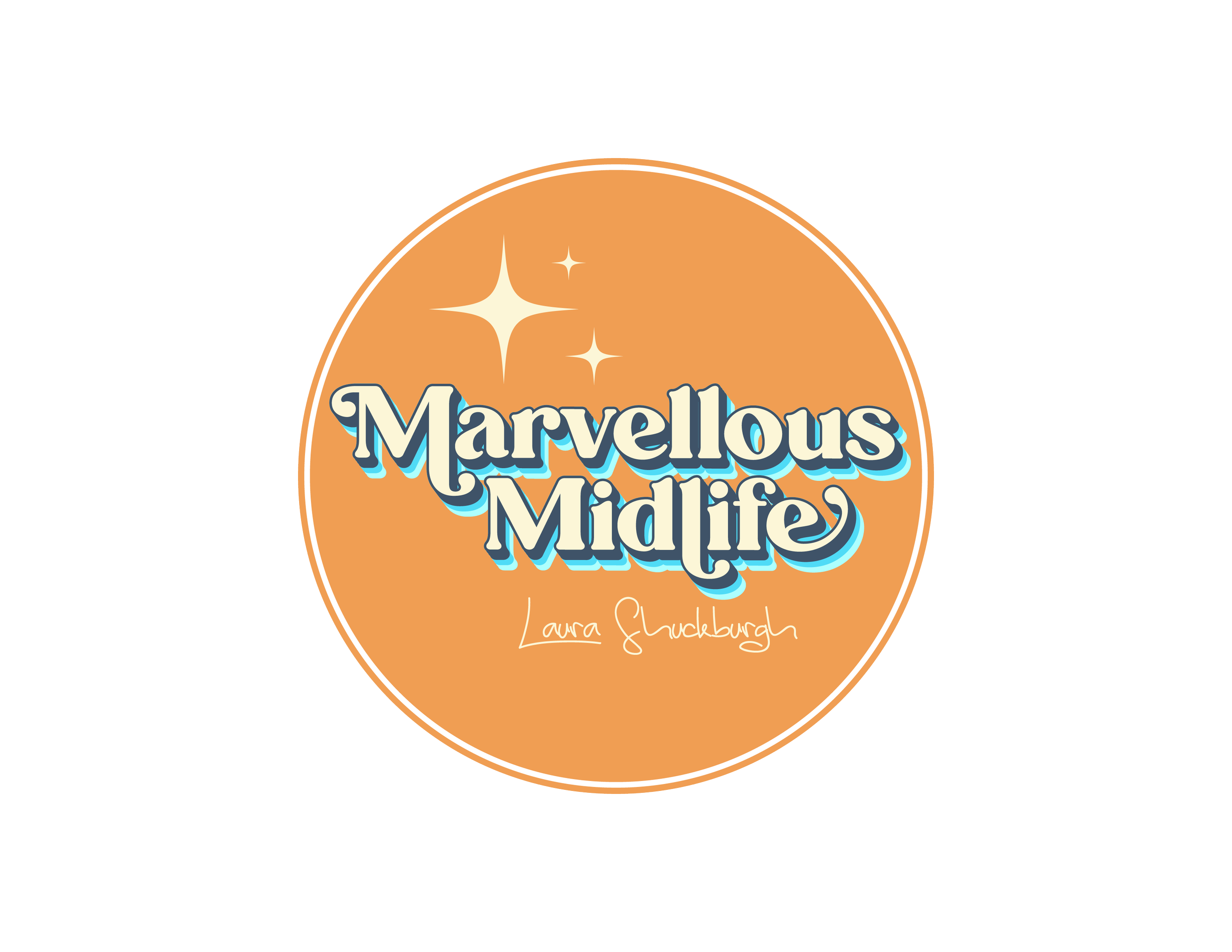What is menopause?
This transformative journey is marked by the decline of essential hormones - oestrogen, progesterone, and testosterone. While the average age of menopause in the UK is around 51, individual experiences vary, with some women navigating this phase earlier or later, making each woman's journey truly unique.
The medical definition of menopause is reaching one day without a period for 12 consecutive months, signaling the onset of postmenopause.
Before reaching this milestone is perimenopause, a crucial but often overlooked stage that can begin in our 40s. It's during perimenopause that symptoms, or as we prefer to call them, impacts, can manifest, leaving some feeling 'out of sorts' and others grappling with debilitating effects. It can be a very challenging time.
The question arises - why aren't we adequately educated about perimenopause and its potential impacts on our lives earlier on?
Other risks of menopause and postmenopause can include heart (Cardiovascular) disease.
It is important to know the benefits of eating healthily and exercising regularly, including strength training and cardiovascular activity in the journey to navigating this phase.
Osteoporosis is a condition that causes bones to become weak or brittle. Postmenopausal women can be susceptible to fractures. So, counteracting this with a healthy lifestyle is vital.
HRT or oestrogen therapy can help with symptoms and is safe to use. If you are curious about HRT, it is important to go to see your GP and to find one who is experienced in menopause. Or contact a specialist, fortunately, there are many out there now.
Many women have been wrongly diagnosed & given antidepressantss & told they are too young…it is worth persevering and getting the correct diagnosis. Do your own research & start tracking your symptoms. Taking these along with you to your GP can be very useful.
If your GP is not listening to you I urge you to and ask for a second opinion.OR book into see a menopause specialist.
NICE guidelines state that women over 45 should be diagnosed by symptoms NOT blood work.
Urinary problems can occur through loss of elasticity in the vagina and urethra. Using pelvic floor exercises and a topical vaginal estrogen can be very helpful.
All these unpleasant symptoms can be managed. Knowledge is power, You can make a plan to cope with hormonal fluctuations
My gift to you
a support call…
A safe space to be listened to and understood, you don’t have to do this alone and can experience a supportive coaching conversation with someone who has been through it and coached hundreds of women.
I believe in a holistic approach as the best way to navigate menopause using your body, mind + soul.
Working with me will help you to feel more like you again & ultimately to THRIVE
www.nice.org.uk/consultations/672/10/diagnosis-of-perimenopause-and-menopause
Most photography by the incredible @claudia_nagyivan_photography

